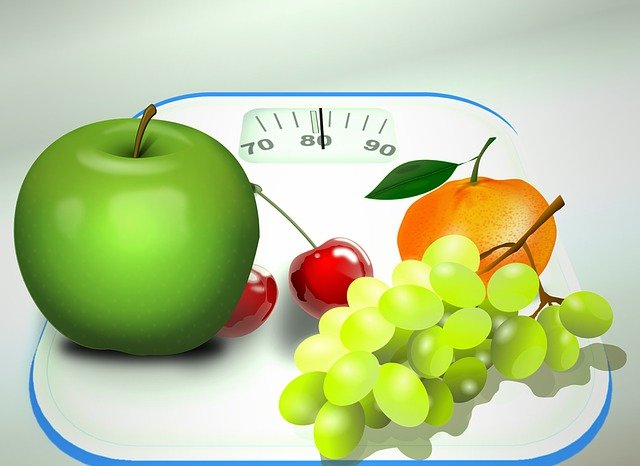
In a recent study, researchers find that changing meal schedules can help people lose weight.
The research was conducted by the University of Alabama at Birmingham. It is the first human test of early time-restricted feeding, or eTRF.
In the eTRF method, people eat their last meal by the mid-afternoon and do not eat again until breakfast the next morning.
Previous animal studies showed that eTRF helped rodents burn more fat.
In the study, the researchers followed 11 overweight men and women over four days of eating between 8 a.m. and 2 p.m., and four days of eating between 8 a.m. and 8 p.m.
They then tested the impact of eTRF on calories burned, fat burned and appetite.
Participants tried both eating schedules, ate the same number of calories both times and completed all testing under supervision.
The team found that eating between 8 a.m. and 2 p.m. followed by an 18-hour daily fast could keep appetite levels more even throughout the day.
The weight loss outcome is better compared with eating between 8 a.m. and 8 p.m., which is what the most American does.
This meal-timing method could reduce hunger and alter fat and carb burning, which in turn helps with losing weight.
The researchers suggest that eating a very early dinner, or even skipping dinner, may have some benefits for losing weight.
This is because the human body has an internal clock, and many metabolic functions work best in the morning.
Eating in alignment with the body’s circadian clock by having early meals in the day may help improve health.
For example, it could improve metabolic flexibility, which is the body’s ability to switch between burning carbs and burning fats.
Whether eTRF helps with long-term weight loss or improves other aspects of health is still unknown. Further studies need to take place to confirm that theory.
Courtney Peterson, Ph.D., an associate professor in the Department of Nutrition Sciences at UAB, is the study leader.
Copyright © 2018 Knowridge Science Report. All rights reserved.



